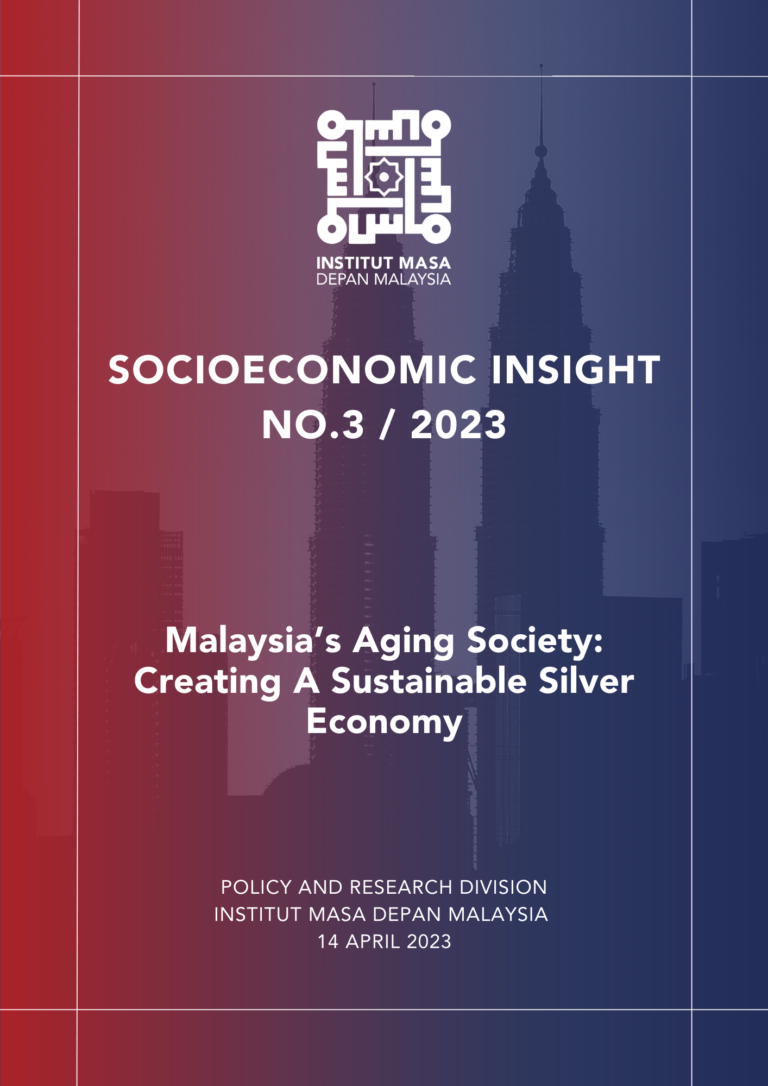According to the United Nations’ World Population Ageing 2020 report, the number of older persons worldwide is projected to be more than double, reaching over 1.5 billion within three decades. In this context, Malaysia herself is expected to become an ageing nation by 2030.
The ageing nation phenomenon in Malaysia refers to the increasing proportion of elderly people in the country’s population, as well as the associated economic, social, and health implications. This occurrence of ageing society is brought about by the lower mortality rate with the combination of lower fertility rate, resulting in a demographic shift where the elderly population are expanding but not the younger ones. It is a widely known phenomena that the older live longer lives but paradoxically less babies are being born.
According to the Department of Statistics Malaysia (DOSM), Malaysians are expected to live an average of 75.6 years in 2021, up from 63.6 years in 2011. Additionally, DOSM also states that the average size of family has been shrinking over time as the Malaysian population experiences late marriage and gives birth to fewer babies. In 2010, the average size of family was 4.31, and now has lowered to 3.8 per household. It is now clear that the demographic structure of the population has changed, which has also exerted pressure on income earning and inclusivity issues.
In less than a decade, it is forecasted that the country’s category of people aged 60 years and over will reach 15.3% of the total population. This connotes that the period of time will be earlier for Malaysia to become an ageing nation. The main causes of this rapid change of status are contributed by the following. These include:
- Pressure in Income/Financial Security;
- Inclusivity Issues of Senior Citizens Welfare
- Elder Neglect and Abuse
- Insufficient Age-Old Assistance




